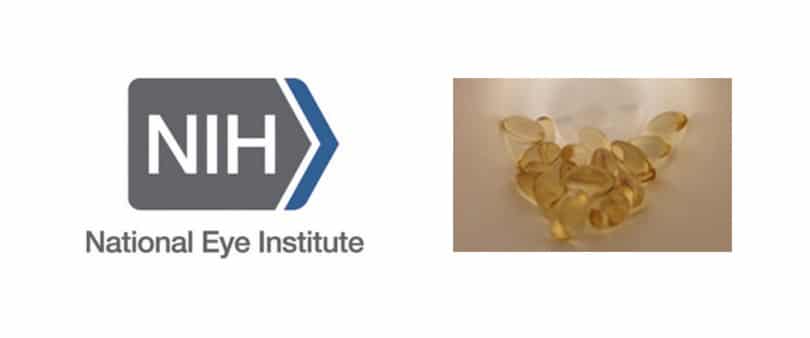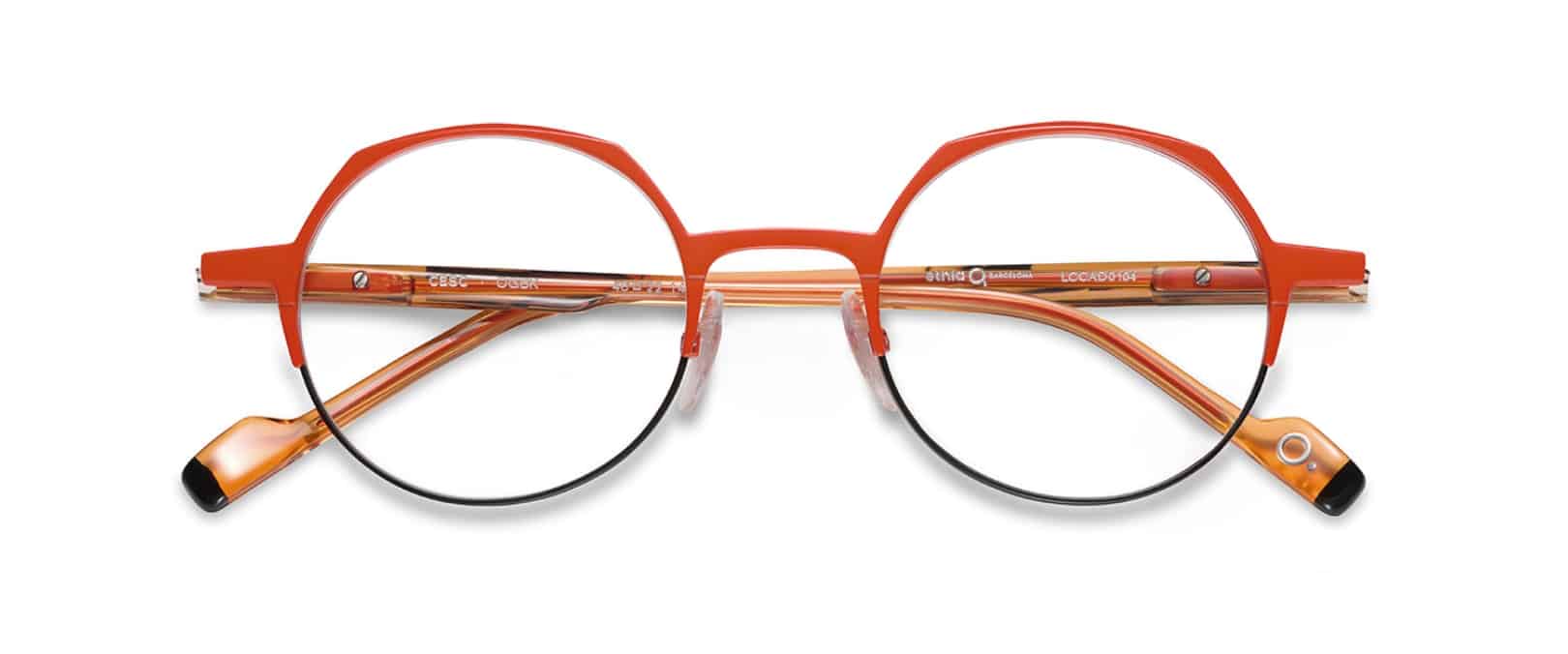Omega-3, Beta-Carotene Shows No Benefits in Slowing Age-Related Eye Disease
Monday, September 21 2015 | 00 h 00 min | Vision Science
A recent study from the National Eye Institute investigated potential changes to the nutritional supplements designed to combat AMD.
The AREDS2 (Age-related Eye Disease Study 2) study, which followed 4000 patients with intermediate AMD on average 72 years old over a period of five years, was one of the largest and longest studies of its kind.
The participants were all given the original AREDS formulation (vitamins C and E, beta-carotene, zinc oxide, cupric oxide) and in addition subgroups were given either omega-3 or lutein/zeaxanthin. A third subgroup was given the original formula without beta-carotene.
Taking omega-3 or lutein did not reduce the risk of advanced AMD, although patients with very low dietary lutein did show some benefits from increased lutein intake. Participants which took lutein without beta-carotene showed improved benefits, suggesting that lutein should be substituted for beta-carotene in the original formulation.
A fourth subgroup was given a reduced intake of zinc (to 25 mg) compared to the original formulation, due to the concerns from nutritionists that the original amount of 80 mg zinc oxide was too high. Investigators found no change in the effectiveness with the low-dose zinc formula.
Further information: https://nei.nih.gov/news/pressrelease/cognitive_decline







